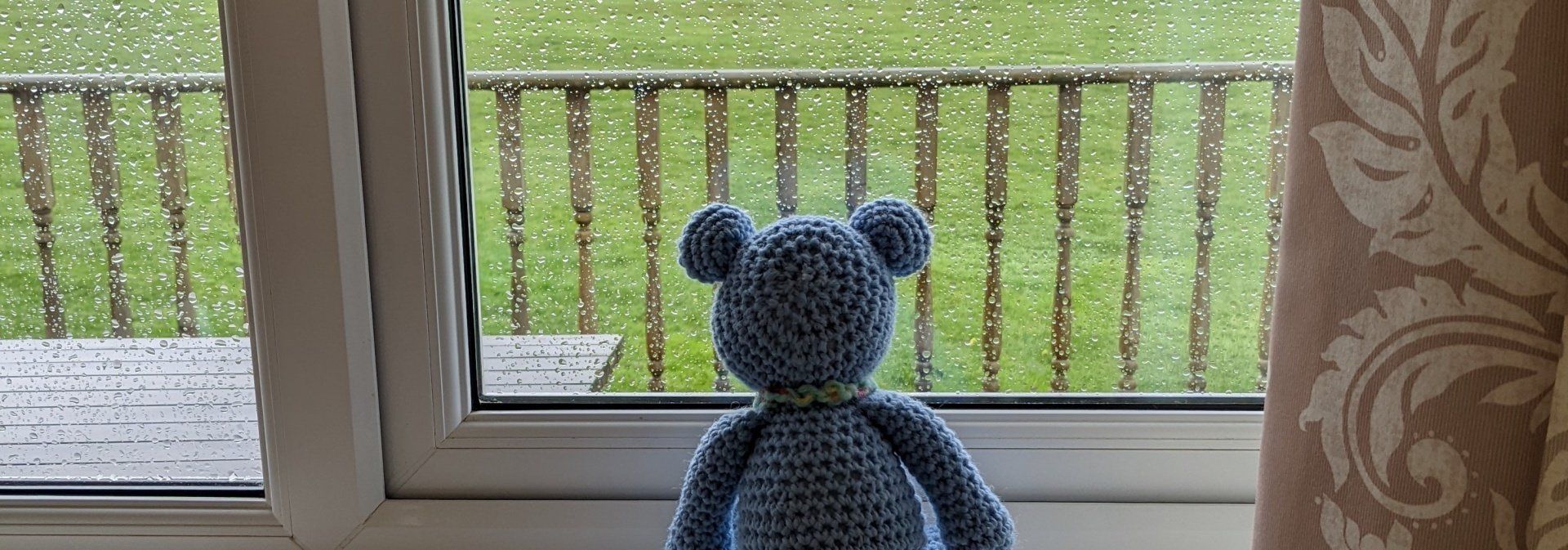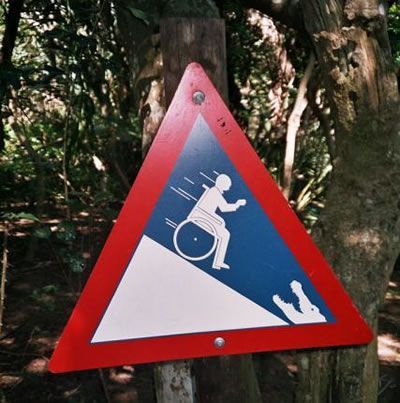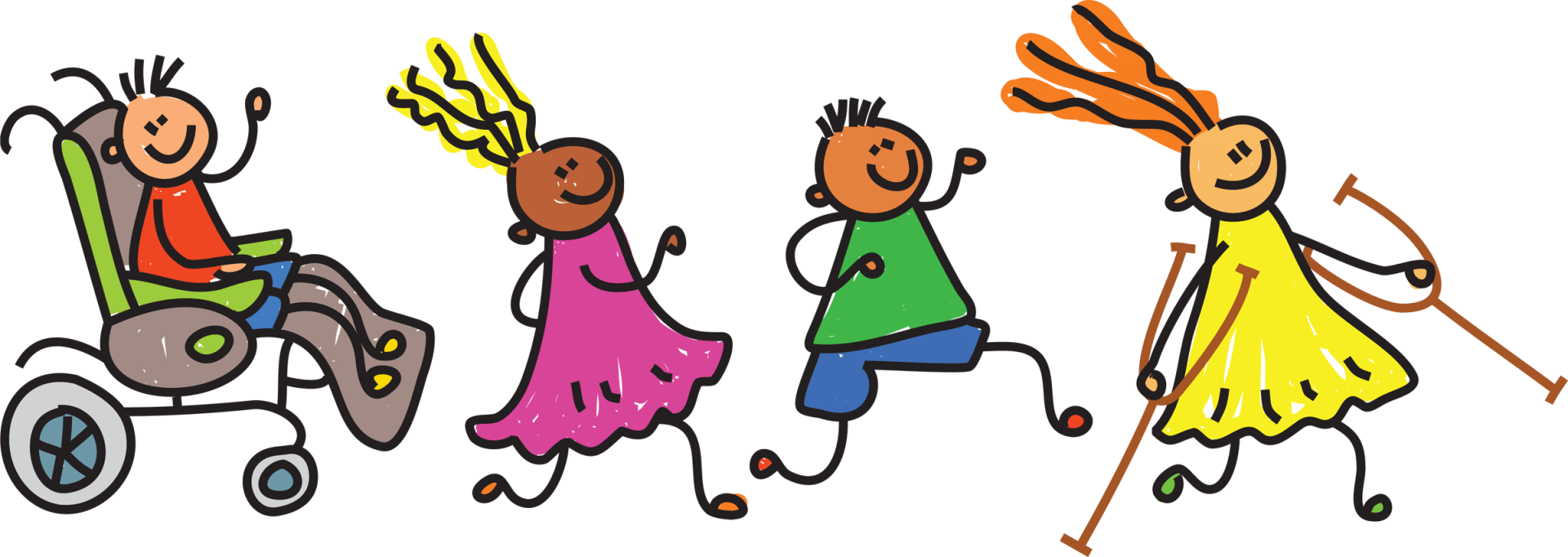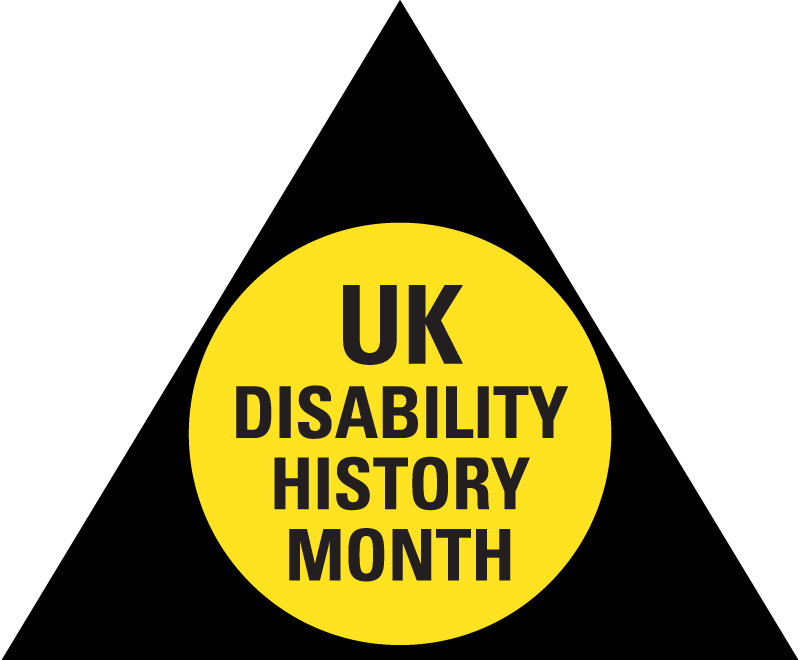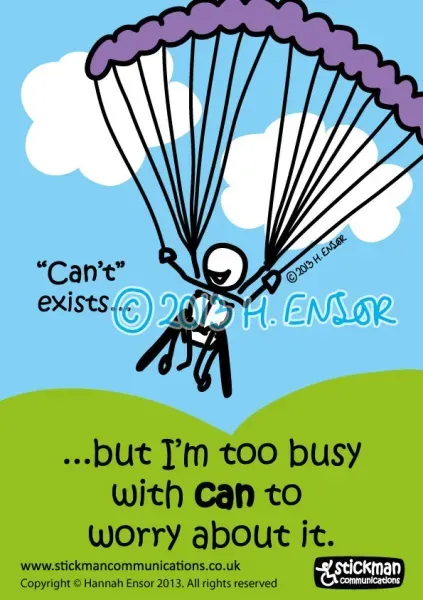But You're Disabled?!
Ministry, Disability and How it Works (For Me).
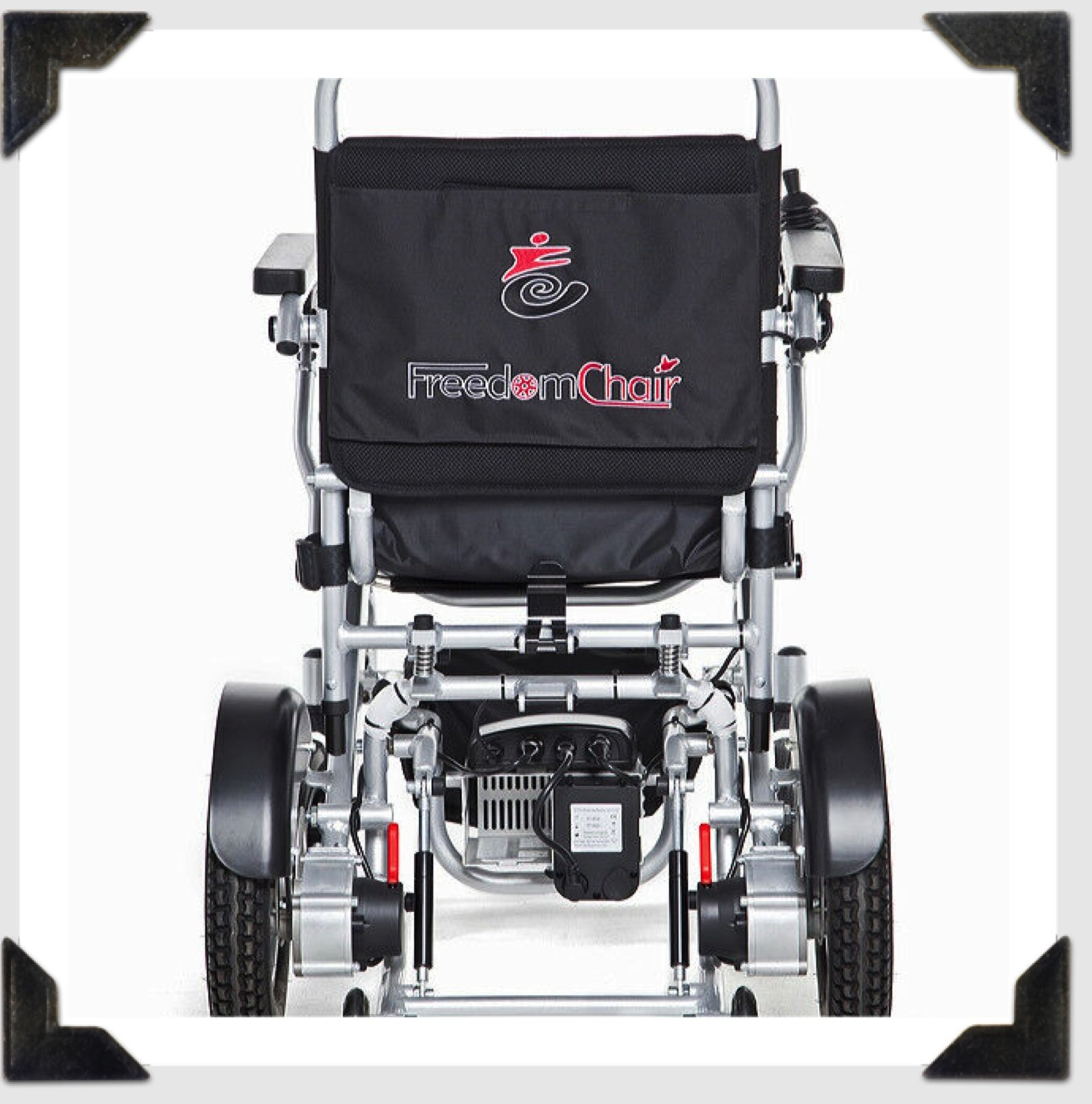
Just in case you don’t know me: I’m in full time ministry and have been for over 27 years.
I’m also disabled.
I don’t want disability to be the starting point – but rather an ‘Oh by the way’, because I am more than my wheels and the way my eyes work. That should be the starting point for all disabled people – but we’re not there yet!
Quite a few years ago, I had someone say that now I’m disabled I shouldn’t be galavanting around the country any more – I should retire. I was around 40 at the time and fit to work. The commenter thought starting to use a wheelchair meant I was much worse and the chair a burden. But in reality – I’d needed it for years before but been too stubborn to use one – because I was scared of exactly this reaction.
Here’s the truth – my wheelchair is my freedom, it means I can do more as it conserves my energy. Using my main one means I can be comfortable during conferences (I can tilt and recline, move my position and much more). I’m less disabled when I use my wheelchair. Although, steps and crowded spaces are still a problem (They haven’t invented a hover wheelchair yet).
I can walk – slowly and with a wobble, but not very far. Whether I use a walking aid depends on how much pain I have in my hands, arms and shoulders.
Let’s just say my hubby often calls me ‘Lurch’ and leave it there….
How do you speak, teach and train when you can’t walk or stand properly?
Well, being able to walk a little is the positive in this story – others don’t have that luxury.
Most platforms for speaking don’t have a ramp – if there are steps with a handrail, I can access the platform, otherwise I need someone's shoulder to use as a handrail of sorts. I also have a special tall chair with arms that I sit in to speak.
For travelling, I have a lightweight folding power chair that makes accessing taxis much easier and allows access to venues that have a couple of steps – if someone can lift the chair up those steps that is…without me in it! (It’s the wheelchair in the photo at the top of this page – aptly called the Freedom Chair!)
The biggest issue of being a speaker/trainer on wheels is the human element!
I’ve had instances of not being allowed into a venue or room because it was assumed I couldn’t possibly be the speaker. At one event I had a long ‘argument’ to gain access to a speaker’s prayer meeting, meaning I missed half of it!
There is generally an assumption that disabled people are always the recipient of ministry – not the person ministering.
I’ve also had the comment, when standing in for a non disabled colleague, “That was very good for a disabled person”.
Yes there are travel issues, building access problems and inaccessible accessible toilets (yes, really!), but the biggest problem still continues to be attitudes.
I am fortunate that all the organisations I work alongside don’t see my wheels or weird eyes as a problem – just a part of who I am. I continue to be blessed by the lengths they go to make sure things are accessible for me.
So – yes, you can be a mission parter, ministry person, evangelist etc and use wheels! (It also means you can wear posh shoes and not worry about being able to walk in them!!)
But what about your eyesight?
The issues I have are too complicated to explain, but it means trying to read hurts a lot and often makes me feel nauseous. Lines of words wobble about the screen and I often have double vision and significant blurring. What and how I see can change hour by hour, day by day. But I can ace the sight test for driving – because I can see at a distance when looking straight ahead! I still don’t drive though, because looking down at the speedometer and then back up means it takes a couple of minutes to get that long vision back!!
Red is painful, white on black doesn’t work as it increases the double vision (But it is the best combination for most people – so don’t change just because of my eyes!)
My vision is significantly worse in the evening, best is late morning to early afternoon.
How do you work when your eyes do that?
I have gadgets! I’ve always loved tech gadgets, so playing with different ones is fun.
In my office I have a massive curved monitor that I plug my laptop into.
The resolution is set to ‘largest’ on my laptop, but I don’t use HD – that’s painful!
My phone and tablet are android, with apps that allow me to enlarge everything on screen – fonts, icons etc, and allows me to set the best background for me. I use google lens on small printed text and this allows me to copy and paste as large print (great for knitting and crochet patterns..…I can knit and crochet by feel and glancing occasionally – in case you were wondering!)
I ask for all meeting notes and presentations to be emailed, so I can set the font and colours to what I can see comfortably.
Does being disabled and in full time ministry work all the time?
Well…. No, but it produces a lot of laughs and lessons along the way.
If God has called me to a task, I’m not going to use disability as an excuse. Moses tried that and look where it got him!

